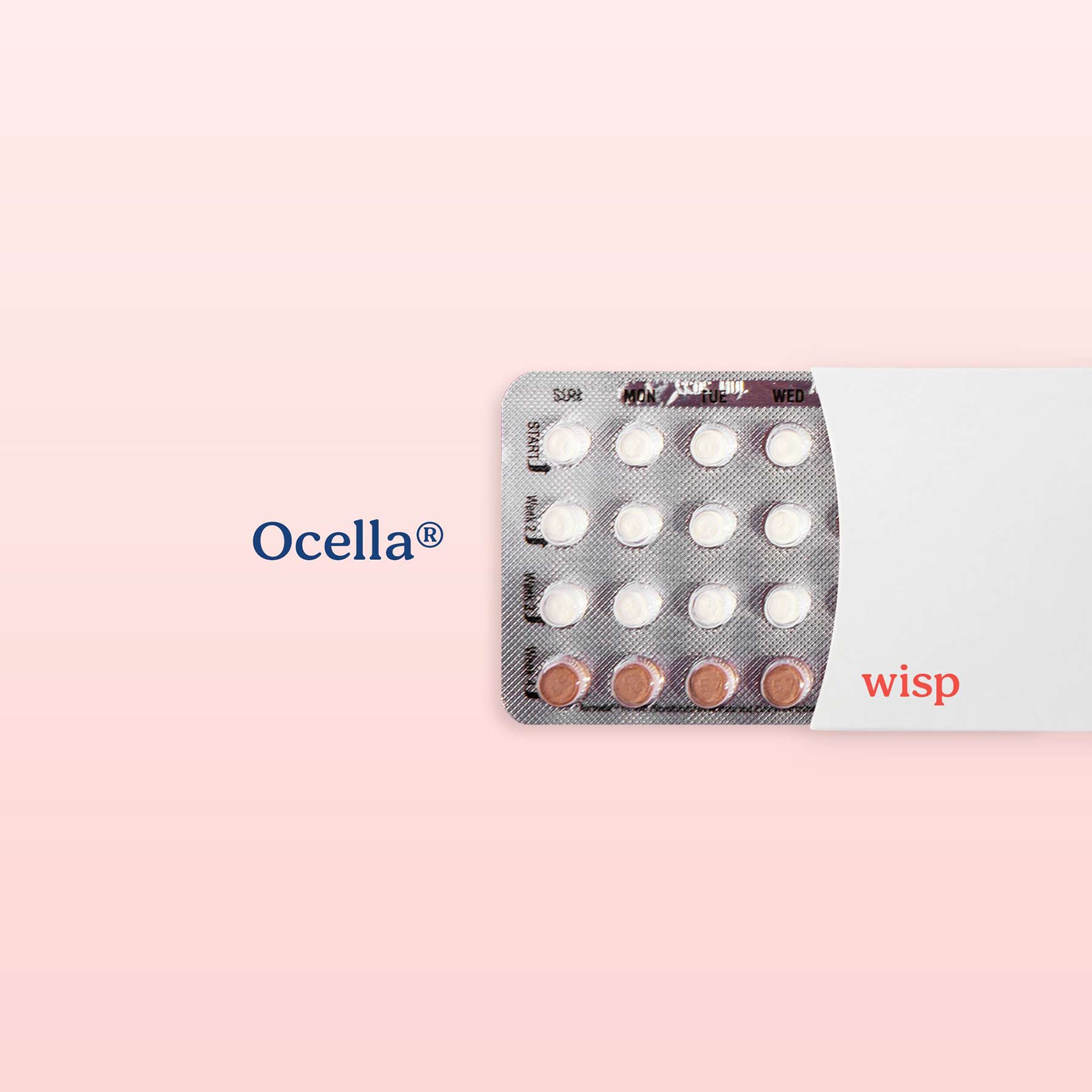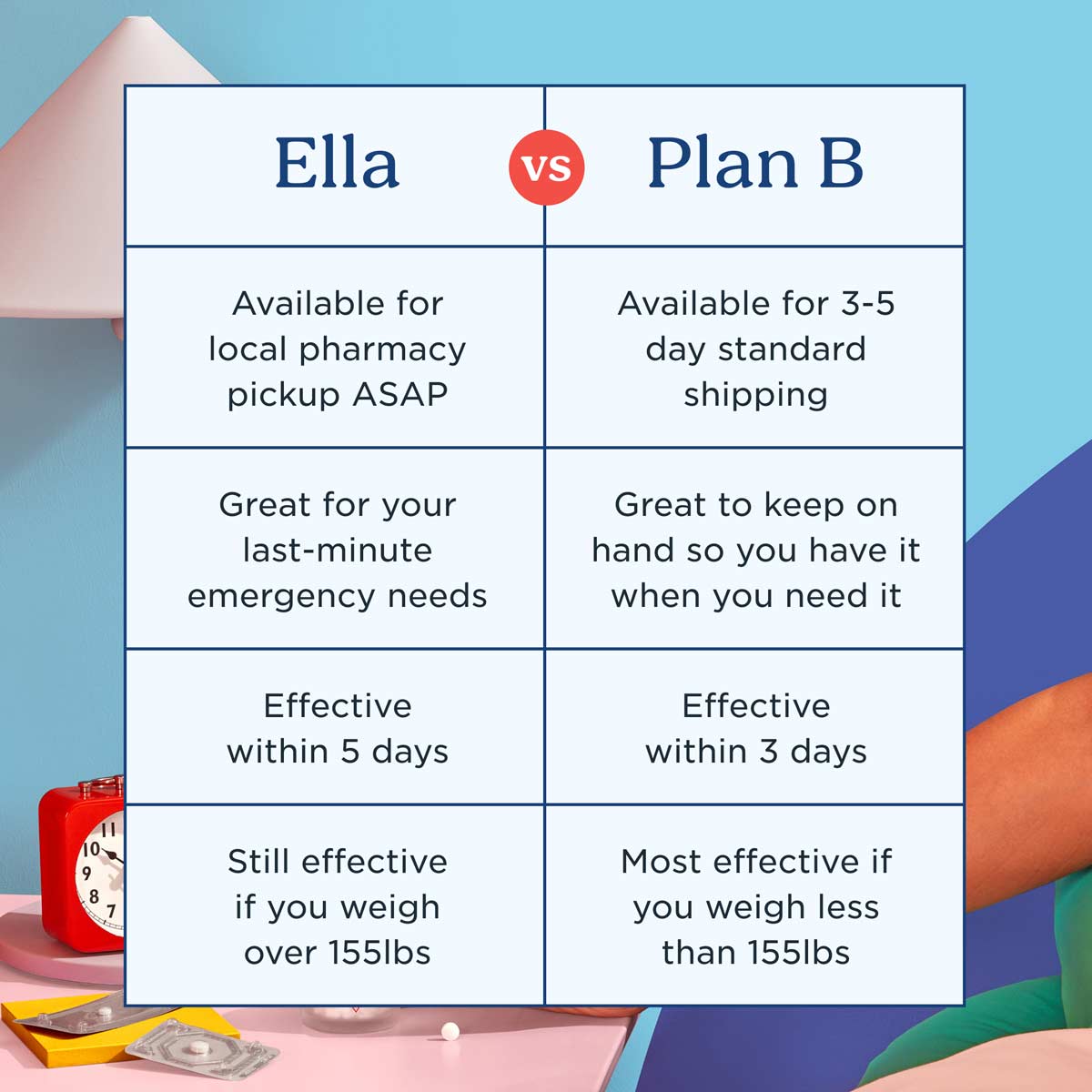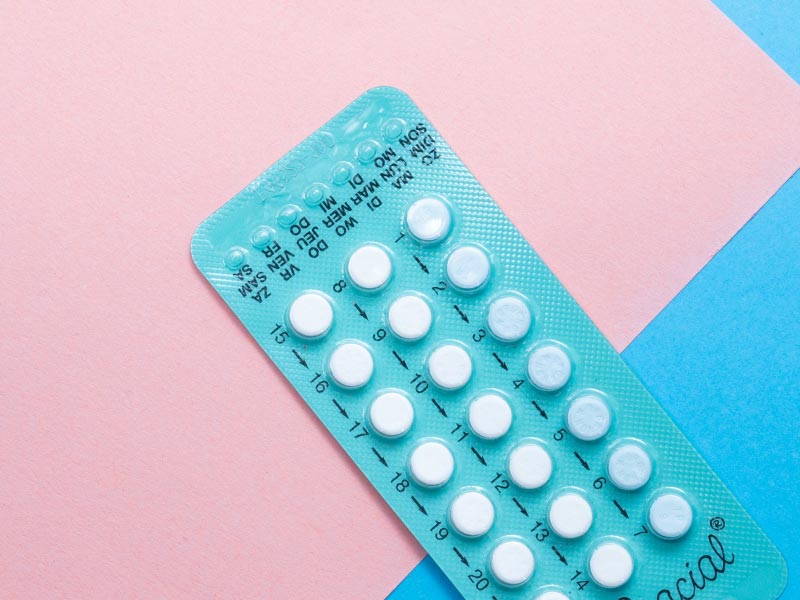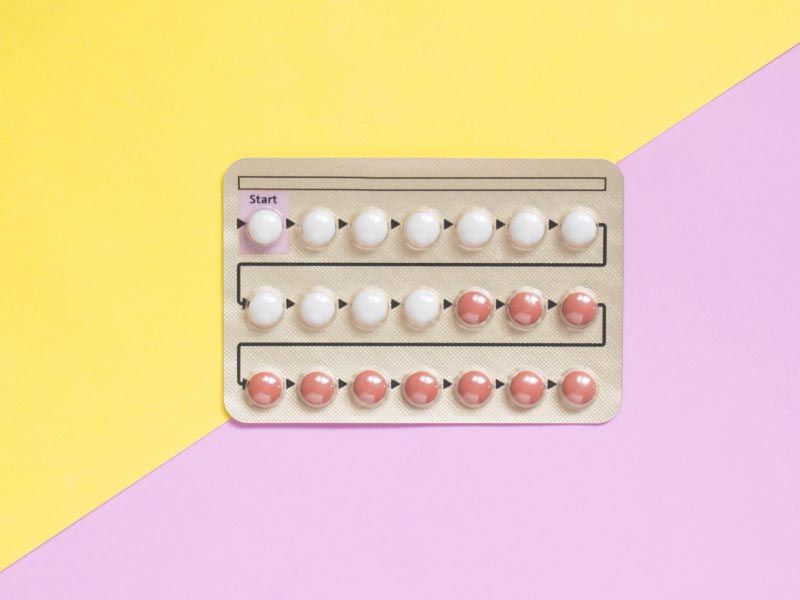
Will birth control make me infertile?
By Kathleen Morrison
August 28, 2023
If you started the birth control pill as a teenager (like 44% of sexually active teens), you may reach a point where you begin to wonder how long term use of hormonal contraceptives is affecting your fertility. There’s a lot of misinformation around this topic, so we teamed up with the experts at Spring Fertility to bust some myths and drop the facts on fertility.
What is infertility?
Medically speaking, a couple under 35 may have a fertility related issue if they have been trying to get pregnant for a year and haven’t yet conceived. If they are over 35, they may have an issue if they’ve been trying to conceive for 6 months. About 19% of all couples experience struggles with fertility! That doesn’t mean they cannot get pregnant, but if you’ve crossed these milestones, it means that you probably need to talk to a medical provider about your fertility. There are a number of health conditions that may affect your fertility, such as:
- Polycystic Ovarian Syndrome (PCOS): this hormonal imbalance can interfere with ovulation. One in ten women of childbearing age are diagnosed with PCOS.
- Uterine fibroids: these noncancerous growths develop in the lining of the uterus.
- Endometriosis: this condition causes endometrial tissue to grow outside of your uterus. Around 40% of women with endometriosis experience infertility.
- Low sperm count: occurs when you have a lower-than-normal amount of sperm in your ejaculate—fewer than 15 million sperm per milliliter or less than 39 million sperm total per ejaculate. 10-15% of infertile men have an abnormal sperm count.
Other conditions, like autoimmune diseases, cancer, or infections, can also affect your fertility, and occasionally, it’s possible for people to experience infertility without any identifiable cause. It’s also important to remember that it takes 2 to make a baby—one-third of infertility cases are caused by male infertility, one-third are caused by female infertility, and one-third are caused by both partners (or have an unknown cause).
Does birth control cause infertility?
You may have noticed one thing that wasn’t on the list above—birth control. Hormonal birth control of any kind does not have long term effects on your fertility. Once you remove your birth control, whether that means removing an implant, stopping pills, or removing a patch, the hormones will leave your body within one or two weeks. That means you can become pregnant a few weeks after stopping birth control.
But I know someone who’s infertile after birth control!
Of course, some people stop their birth control and find themselves unable to become pregnant. It’s possible that this is a result of their partner’s infertility (like low sperm count mentioned above), or the hormones in their birth control masked the symptoms of an ongoing health condition that affects their fertility. For instance, take irregular periods, PCOS, or endometriosis - each of these conditions can lead to infertility. However, most forms of hormonal birth control can help treat and regulate these conditions (i.e making it your menses regular or reducing pain) so you may not see the signs of these PCOS, anovulation, or endometriosis until you stop the birth control.
Other causes of infertility
There are many aspects of overall health that contribute to infertility such environmental and lifestyle factors (luckily many of these are modifiable or treatable):
- Up to 13% of female infertility is caused by cigarette smoking.
- 12% of fertility concerns are related to a woman weighing either too much or too little.
- 8.9% to 68.7% of men with infertility report a lack of sexual desire and lack of sexual satisfaction as types of sexual dysfunction.
You can connect with the experts at Spring Fertility for a fertility consult where you can learn more about your own reproductive health, access fertility treatment options such as IVF (if you find you need assisted reproductive technologies to build your family) and egg freezing (if you decide you aren’t quite ready to become a parent now but want to preserve your options for the future).
Common fertility myths
Birth control being the cause of infertility is just one of the many fertility myths out there. Infertility is a sensitive, nuanced topic, and when people are desperate for answers, they often turn to questionable sources of information. Spring Fertility hears these myths all the time, so let’s debunk a few!
- Male fertility does not decrease with age: Although there are still many unknown factors, it’s clear that aging has a significant impact on male fertility, particularly in the areas of sexual function and overall sperm quality.
- Certain sex positions help you conceive: There is no evidence that shows sex positions to play a role in conception (so go ahead and defy gravity)! As long as you engage in any sexual position during your fertile window, you are maximizing your chances of becoming pregnant.
- There are supplements to increase your egg quantity + quality: Don’t fall for this snake oil! There aren’t any vitamins or amino acids you can take that will affect your eggs. If you’re concerned about your eggs, talk to a fertility specialist—they’ll be able to provide you with options that are actually proven by science.
- Mucinex can help you conceive: We aren’t sure where this myth comes from, but there is no evidence that Mucinex, or any cough remedy, can help with pregnancy.
Have more questions about fertility? Spring Fertility has the answers! Don’t think you’re quite ready to take the plunge into pregnancy? Wisp has your back with safe, effective birth control and emergency contraception.
Get Birth Control Online

Levora® Birth Control (generic)
Starting at $15
Levora is similar to: Levora 28, Altavera, Amethia, Ayuna, Chateal, Chateal EQ, Kurvelo, Lillow, Marlissa, Nordette, Amethia and Portia-28

Ortho Tri-Cyclen Lo® Birth Control (generic)
Starting at $15
Similar to: Tri-Lo-Estarylla, Tri-Lo-Marzia, Tri-Lo-Mili, Tri-Lo-Sprintec, Tri-VyLibra Lo and TriNessa Lo




